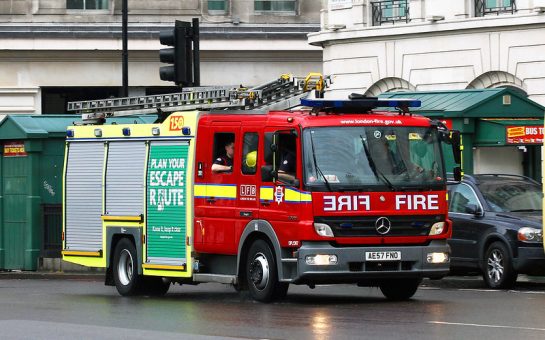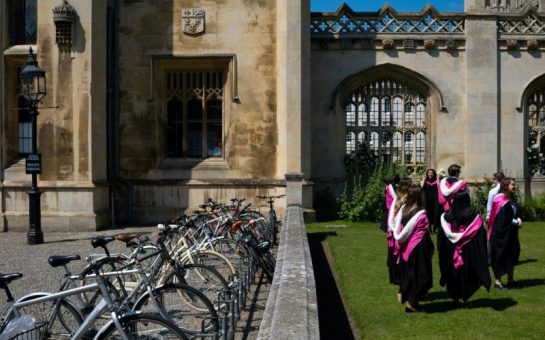Phone thefts have significantly increased in residential areas in London in the last five years, Met Police data has found.
Phone snatching has been a growing issue within the capital for a number of years, prevalent in central London.
However, recent data has found that this has become an increasing issue within the capital in residential and suburban boroughs, such as Camden, Tower Hamlets and Wandsworth.
Data from the Metropolitan Police shows in the year from April 2021, the areas with the highest amount of phone snatching were within Central London, such as Westminster (1,297), Lambeth (666) and Southwark (580).
In comparison, smaller residential boroughs are significantly lower, such as Wandsworth (180), Newham (421) and Camden (583).
From April 2024 to May 2025, the areas with the highest number of phone snatchings remain in the most central parts of London, such as Westminster (1,733), Lambeth (968) and Southwark (818).
However, there is a jump in the number of reported thefts in these residential boroughs, Wandsworth (215), Newham (544) and Camden (752).
Wandsworth: 19% increase Westminster: 34% increase
Newham: 29% increase Lambeth: 45% increase
Camden: 29% increase Southwark: 41% increase
This data suggests that, although phone snatchings remain high throughout the borough, it has become a growing problem in residential areas too.
Home and Political correspondent for Sky News, Matthew Thompson, explained these findings and recounted his own experience with a phone snatcher in 2019 in Finsbury Park.
He said: “[The phone snatcher] He just cycled past me as I was sort of texting one-handed and before you knew it had snatched my phone out of my hand.
“I was very lucky that, because he was on a pedal bike he was slower to get up to full speed so I caught him and he threw my phone and he cycled off.
“It was very shocking to me to sort of be the victim of an attempted crime when I spent a lot of my professional life analysing these things – so that was a real moment for me.”
Thompson, who has looked at the data over a number of years, told me he saw a significant increase in the amount of phone snatching outside of central London, rising by 50% from 2017 to 2023.
Thompson said: “It makes sense for them to start trying to do it more and more in the outer suburbs of London where there is a much less chance of them being caught.”
He found that the amount of phone thefts are higher during the hours of 6-7pm, targeting people who are commuting from work.
He said: “They have moved from targeting people as they leave their workplaces in built-up city areas where they know there are lots of police to targeting them when they arrive on the other side, at their home station, when they are in Finsbury Park rather than Oxford Circus.”
Further explanation to explain this phenomenon, can be linked to the increase in low traffic neighbourhoods in London according to Thompson, which has increased in the last few years.
Thompson said: “They know that if they snatch a phone near a low-traffic neighbourhood, if there is a police officer giving chase, they can disappear behind these flowerbeds or bollards blocking the street and the police then in their car can’t follow.”
Low traffic neighbourhoods, residential neighbourhoods where vehicle traffic is restricted or removed, have reported lower levels of crime, such as Waltham Forest, which has decreased by 10% from 2012 to 2019.
However, with phone snatching being more of a trend in the 2020s rather than 2010s, these findings may not account for the amount of phone thefts.
Met Police Cmdr Owain Richards commented back in January: “It’s an invasive and sometimes violent crime and we’re committed to protecting Londoners and tackling the issue as we make the capital safer.”
This data is just the tip of the iceberg however, because, as with many low level crimes, they are not always reported to the police because of the belief that it is pointless.
“The public knows that the police are struggling,” Thompson said.
“The chances of them properly investigating low level crime like this and getting their phone back are really slim.”





